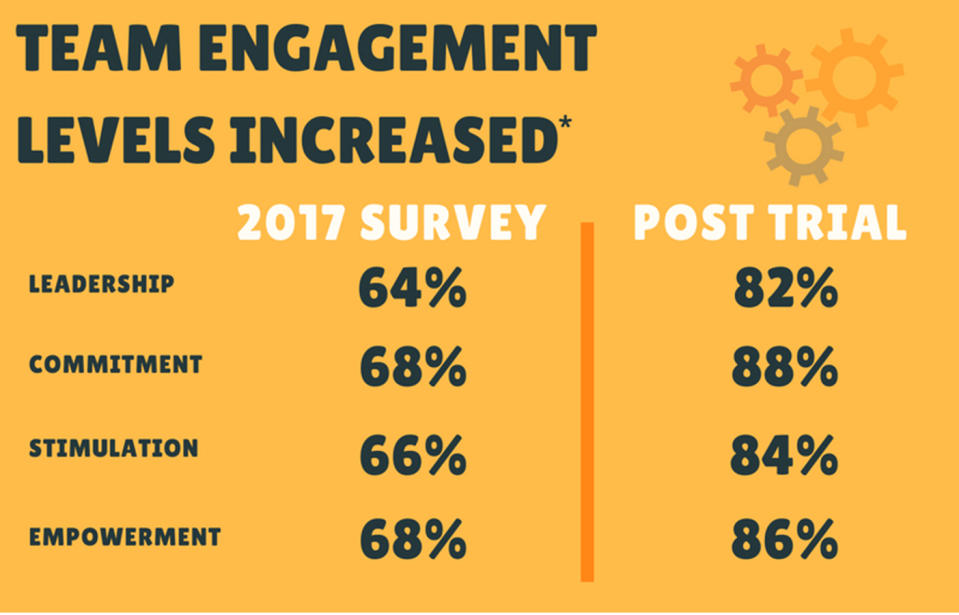What happened when a company tried four-day work weeks
A New Zealand company that tested four-day work weeks plans to make the switch indefinitely.
Perpetual Guardian, a business that assists people with wills and estates, trialled working one less day each week for two months.
It found employees responded to the experiment with greater productivity, better work-life balance and lower stress levels.

The week’s job performance was maintained over just four days, work-life balance jumped from 54 per cent pre-study to 78 per cent, and team engagement levels increased significantly.
The 240 employees were still paid their full-time wage during the experiment, which ran from March to April and was conducted by third-party researchers.
“It was just a theory, something I thought I wanted to try because I wanted to create a better environment for my team,” Perpetual Guardian CEO Andrew Barnes told CNN.
“I’m humbled that my team has responded and they went beyond my wildest dreams.”


Mr Barnes said employees became more productive and spent less time on social media or non-work activity.
The boss has recommended to the company board to make the four-day work permanent and even said the model could set an example for other companies worldwide.


